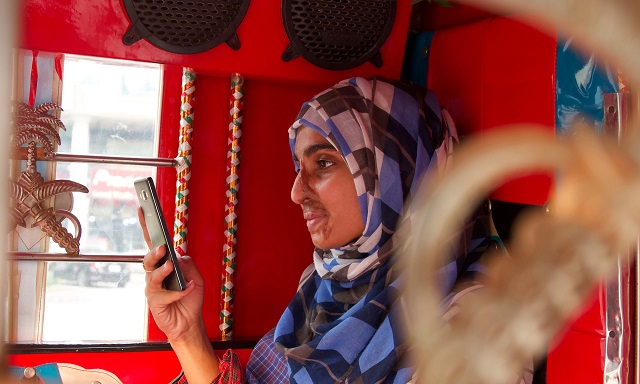
Violence against women has been described as 'routine' by Human Rights Watch and includes forced marriages, domestic violence and cyber harassment. The last one occurs in a society with a large gender divide, as over 70 per cent of internet users are men. However, women are making their voice heard.
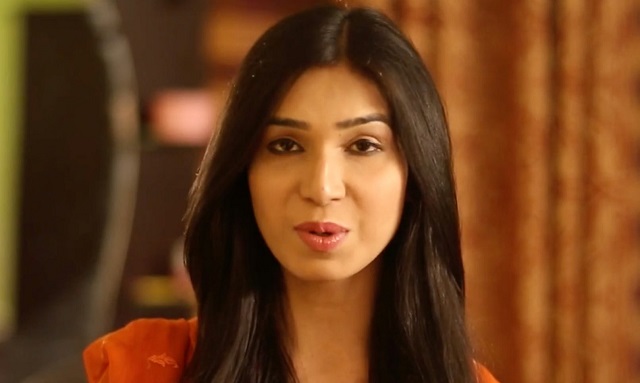 Sarah Gill. PHOTO: Pakistan NHDR
Sarah Gill. PHOTO: Pakistan NHDRThe first story is that of Sarah Gill, a 27-year old activist who will soon become Pakistan's first transgender doctor. She has had success in standing up to assailants who had followed her home and assaulted her saying that they would torture and kill her in the future.
After recounting her story in a post she wrote: "If anything happens to me, please don’t give up, my lovely community." After receiving a lot of support from the online community Gill says, “That post saved my life.”
She believes that her assailants were delivering retribution for her actions in bringing to light the actions of a transphobic gang in Karachi. During a protest against the gang, "the police were trying to disperse us by force, as they always do," Gill says. "I considered filming these violent scenes but realised they would confiscate my phone and delete everything. So I started broadcasting a live feed instead."
This use of social media lead the police to let the protest continue unhindered and bring the issue to the notice of relevant authorities. Ultimately, charges were filed against the leader of the gang. According to Gill, the trans community was 'utterly shocked' by this positive development.
K-P domestic violence bill ‘women-unfriendly’
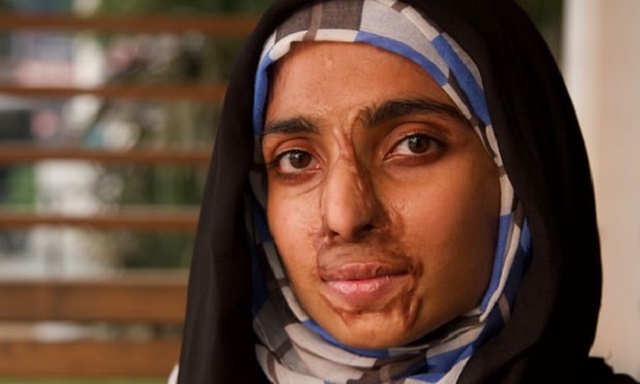 Suman Ali: ‘When I look at my selfies online, I feel powerful.’ PHOTO: THE GUARDIAN
Suman Ali: ‘When I look at my selfies online, I feel powerful.’ PHOTO: THE GUARDIANAnother female victim of sexual harassment, Suman Ali has also used social media to make her voice heard. After subjecting her to abuse for years, in January 2016 a close relative of her threw acid in her face for rejecting his marriage proposal. Despite being disallowed to use social media by members of her family, she made a Facebook account a few days before her attacker was convicted.
She used the name Acid Survivor with the aim of combatting the coverage given by mainstream media which she said, "reduces victims of acid attacks to a fleeting headline. They force us to feel like victims, stuck behind closed doors, but I didn’t want to be a victim."
She used her profile to share selfies of her recovery, confidently displaying her scars. Additionally, she shared a copy of the court's decision against her attacker with the hope of deterring individuals from carrying out such attacks in the future.
Alarming rate: Sexual violence against women surges in Lahore
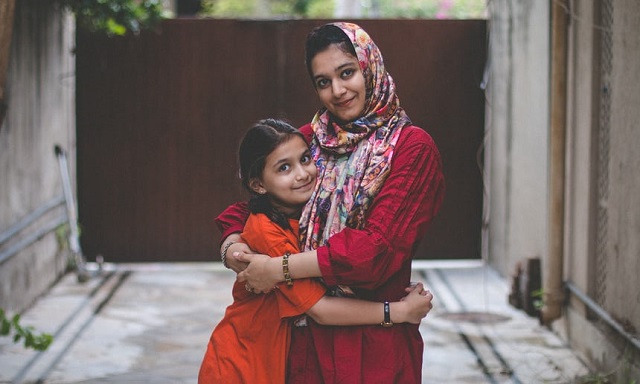 Khadija Siddiqi with her younger sister, who was also wounded during the attack. PHOTO: THE GUARDIAN
Khadija Siddiqi with her younger sister, who was also wounded during the attack. PHOTO: THE GUARDIANThe third case of violence against a woman which was highlighted by social media was that of law student Khadija Siddiqi. On May 3, 2016, she was attacked by her classmate Shah Hussain, who stabbed her 23 times and injured her younger sister as well.
Due to her assailant being the son of an influential lawyer, most members of the local legal community did not want to touch her case when she sought justice. As Siddiqi recounts, “social norms took priority over justice, even for lawyers.” Even sympathetic layers advised her to drop the case as they feared she would face a smear campaign.
“Somehow, it was not about what my attacker had done but who I was,” Siddiqi says. “I felt like my soul, my character, my patience, had been put on trial.” However, one young lawyer, Hassan Niazi, proposed an idea which triggered social change.
He posted photos of her injuries on his Facebook page, leading to an immediate outpouring of support for Siddiqi and leading to Facebook groups such as "Justice for Khadija" being formed and causing the hashtag #FightLikeKhadija to start trending on Twitter. This led to the authorities taking relevant action and led to the sentencing of her attacker to seven years in prison for attempted murder. She says, "Social media turned my case into a nationwide movement."
Such stories are part of a global movement of justice for women, represented by the success of social media campaigns such as the #MeToo campaign, which has become very popular in Pakistan. Activist Nighat Dad, founder of the Digital Rights Foundation says, "The replication of offline violence against women online, including cyber-harassment, abuse and blackmail, makes the internet an embattled resource for feminist activism. But when I fight for women’s safety online, I fight for their freedom to use this resource to its full potential."
This story originally appeared in The Guardian.
1731570357-0/elon-musk-(1)1731570357-0-405x300.webp)
-(1)1717678110-0/Kendrick-(1)-(1)1717678110-0-165x106.webp)






1732428532-0/BeFunk_§_]__-(43)1732428532-0.jpg)

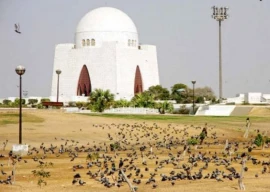






COMMENTS
Comments are moderated and generally will be posted if they are on-topic and not abusive.
For more information, please see our Comments FAQ